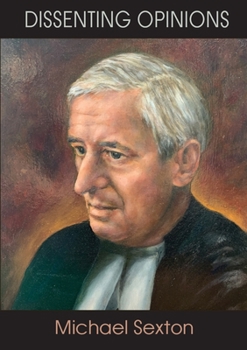Dissenting Opinions
The term "dissenting opinions" is normally used in the law to describe the judgments of those members of appellate courts who take a different view in a particular case from their colleagues who form the majority and effectively decide the question before the court. I have used it, however, in relation to this collection of articles and book reviews published over several decades because they proposed in the main a departure from what might be characterised as the conventional wisdom, that is, the views and values of those who preside over most public and private intuitions in Australia, including much of the media.
I do not suggest for a moment that there has been any disadvantage to myself as a result of these publications but I have suggested in some of the pieces concerning the relatively recent phenomenon of political correctness that this climate of conformity has had a chilling effect on public debate. And that young people embarking on their careers now have to be wary of expressing unconventional opinions.
This is even - and perhaps particularly - so in universities which historically were places where established ideas were always open to challenge.
Although some of these pieces are from earlier periods, most concern questions that are still controversial and can be taken as a contribution to those on-going discussions. Most importantly, however, they represent the hope that there will be much greater scope in the immediate future for the full-blooded public debate of social, economic and political issues in Australia.





